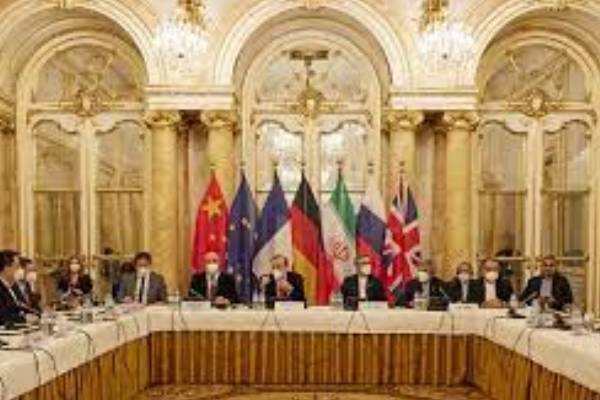Iran has confirmed that it has yet to receive a response from the United States on its latest proposals to restore their 2015 nuclear deal, blaming Washington for the delay.
“What matters so far is procrastination from the American side on offering a response,” foreign ministry spokesman Nasser Kanani told reporters on Monday.
“We acted in time and we’ve always shown that we’ve acted responsibly” in the nuclear talks, he said.
A week ago, Iran submitted its response to a “final text” circulated by the European Union after the latest round of talks with stakeholders – namely China, France, Germany, Russia, and the United Kingdom – in Vienna.
The US has said it reviewing the text and is in contact with its allies.
On Monday, the EU’s foreign policy chief Josep Borrell said Iran’s response to the EU proposal was “reasonable”.
Meanwhile, unconfirmed details of a potential agreement have emerged, which neither side has officially commented on.
The Iranian foreign ministry spokesman on Monday said “relatively good progress” was made earlier this month during the latest round of the talks that initially began in April 2021, but an agreement will only materialise when all issues are agreed upon.
On Monday, Iran’s state-run IRNA published a report that accused US President Joe Biden’s administration of inaction. The outlet argued US officials have “weak resolve” in facing nuclear deal opponents in Washington and Israeli officials who want the deal dead.
Last week, Axios reported that Israeli Prime Minister Yair Lapid has again called on the White House to abandon efforts to restore the nuclear accord, and said refraining from doing so would signal “weakness”.
In 2018, the US unilaterally abandoned the Joint Comprehensive Plan of Action (JCPOA), as the deal is formally known, imposing harsh sanctions on Tehran that are in effect to this day. In response, Iran gradually advanced its nuclear programme, while maintaining that it was strictly peaceful.
A potential agreement would lift hundreds of sanctions and release billions of dollars of frozen Iranian assets while re-establishing stringent curbs on Iran’s nuclear programme.
US officials have repeatedly stressed that they remain committed to the negotiations as the best option available but they also have a “plan B” in the works that includes putting more pressure on Tehran.
Last week, Iran’s foreign minister Hossein Amirabdollahian said Tehran had its own “plan B”, without elaborating further.
The foreign ministry’s Kanani said on Monday that Iran’s alternative route, should the JCPOA fail, consists of strengthening President Ebrahim Raisi’s push for diplomacy and negotiations, both in the region and beyond.




